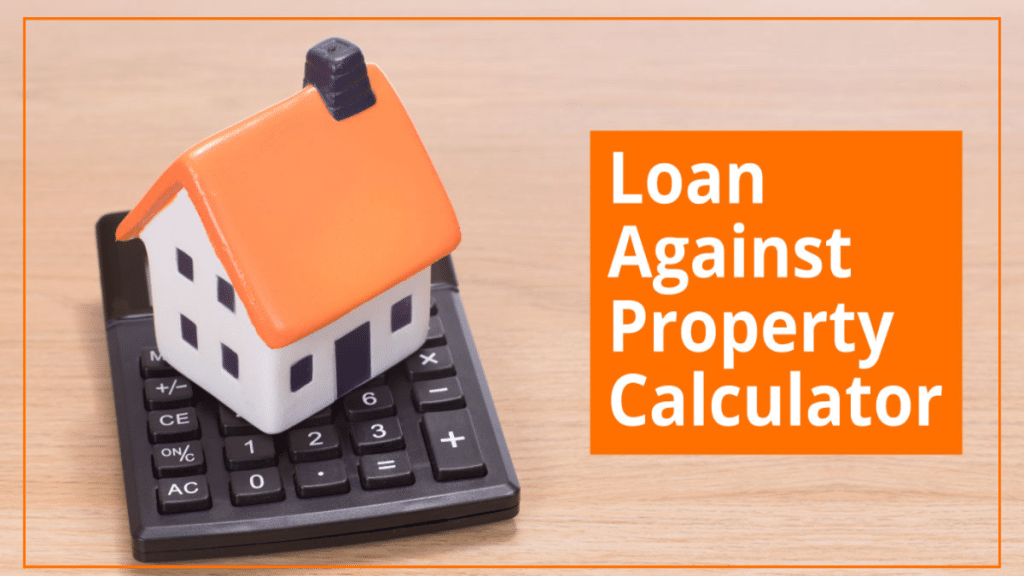Mortgaging your property to raise funds can be a practical way to meet significant expenses. Whether it is for business expansion, debt consolidation, or urgent housing needs, a loan against property (also known as a property loan) can offer access to sizeable funding backed by a residential or commercial asset.
Borrowing a substantial amount also comes with long-term financial responsibility. This is where a loan against property EMI calculator becomes an essential planning tool. Before you proceed with the application, understanding your repayment obligations helps you stay prepared and make informed choices.
In this article, we explore how the EMI calculator works, factors that influence property loan interest rates and the documents you will need to submit while applying.
What Is a Loan Against Property?
A loan against property is a secured loan that allows borrowers to secure funds by pledging their residential or commercial property as a collateral. It typically comes with a lower interest rate, as compared to unsecured loans, and a flexible repayment tenure. The sanctioned amount depends on the property’s value, the borrower’s income, credit score, and repayment capacity.
What Is a Loan Against Property EMI Calculator?
A loan against property EMI calculator is an online tool that can help you estimate your EMIs instantly at no cost. It provides an immediate calculation of the EMI amount based on:
- Loan amount
- Interest rate
- Repayment tenure
Once you enter these values, the calculator displays the EMI amount, total interest payable, and the total repayment amount. You can also access an amortisation schedule that breaks down each EMI into its interest and principal components over the loan tenure.
Benefits of Using a Loan Against Property EMI Calculator
Using a loan against property EMI calculator can help you:
- Understand your monthly financial commitment
- Evaluatehow changes in loan terms or interest rates affect your repayment
- Structure loan repayment as per your comfort
- Compare various loan options
Loan Against Property Rates in India: What Influences Them
Loan against property rates in India may vary across lenders and are influenced by:
- Credit Score: A score of 750 or above usually helps you secure better interest rates
- Employment Profile: Salaried professionals and self-employed individuals with a stable income are generally offered favourable rates
- Market Trends: Change in monetary policies can affect the interest rates offered by the lenders
Loan Against Property Document Requirements
When applying for a property loan, having the right paperwork is essential to ensure smooth processing. Here is a list of commonly required loan against property documents:
1. Identity & Address Proof
- Aadhaar Card
- PAN Card or Form 60 (mandatory)
- Passport or Voter ID
- Utility bill or rental agreement
2. Income Proof
For salaried applicants:
- Last 3 months’ salary slips
- Form 16 or ITR for the last 2 years
- Six months’ bank statements
For self-employed applicants:
- ITRs for the last 3 years
- Audited balance sheet and profit & loss statement
- Business registration certificate
3. Property Documents
- Title deed and property tax receipts
- Encumbrance certificate
- Property registration papers or sale deed
Having all documents in order can speed up the verification and approval process.
Using a loan against property EMI calculator is a smart way to begin your loan planning journey. It helps you visualise repayment patterns, evaluate feasibility, and compare loan structures before applying for a loan.
